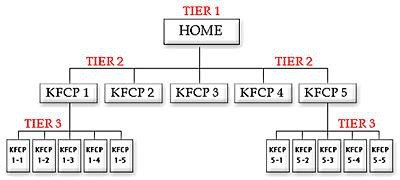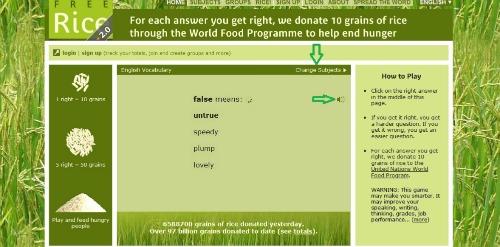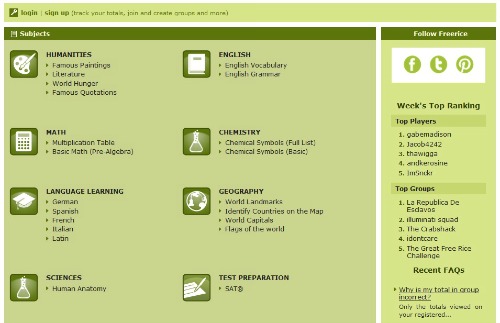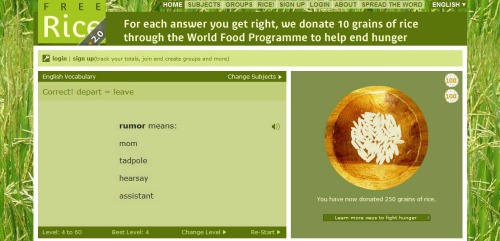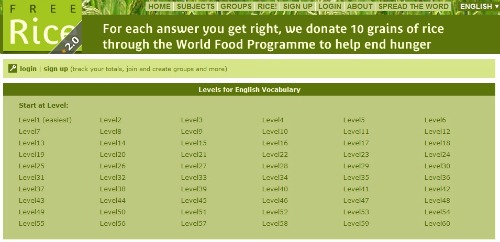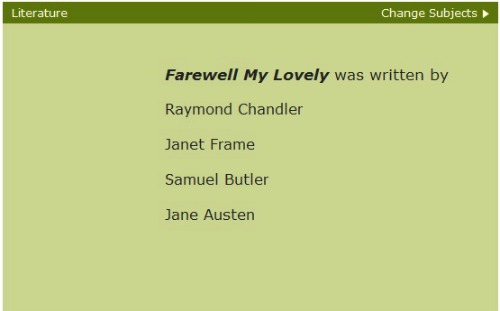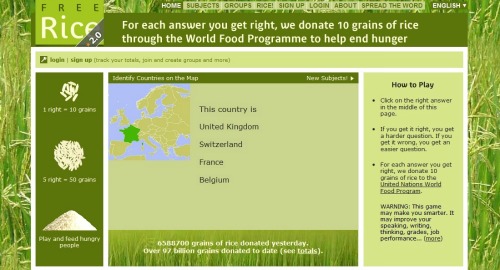| Back to Back Issues Page |
 |
|
Issue #045 -- Week 15/03/15-21/03/15 March 24, 2015 |
Hello,Greetings and General InformationA warm welcome to our new subscribers! I wish you will find My English Club fun and instructive and I look forward to welcome you as a new valued member soon. Read, learn and communicate around the world! Please feel free to contribute to these pages when you have a minute. They are meant to be a platform for exchanging ideas, stories and opinions - an ideal medium for practicing your English, which should be used to the full. Together, let's bring it alive, let's make it the welcoming community you wished for, when you joined. Use the Comments facility at the end of every page and start making friends worldwide. You and your friends can always subscribe individually through the form on My English Club If anybody mentions to you that they are interested in receiving it, please tell them this - many thanks. Also, they can read the previous issues on Back Issues for English Corner E-zine. AnnouncementThe voting on our 'Game a Week' section is up and the result is that the majority of you wish to keep the website design. I'm really glad to see this, it means we shall probably have some more websites built by our club members - that would be just awesome!One more announcement to make: perhaps you realised by now that the font on the website and the buttons changed a little bit. I made it bigger, after I received a notification from Google, saying they found so many errors on my website, when viewed on a mobile phone... all due to the font being too small. I had to enlarge it, but I couldn't do the text and the links in the right column of the website and I don't know yet how to make the font of the e-zine larger than it is. Give me some time and it will all improve soon - have some patience with me, I'm learning :-) OK, having said that, let’s proceed with our present lessons and we’ll have this week’s game at the end. Enjoy! Month 7 ~ Lesson 29We started studying three subjects back in September 2014: pronunciation and grammar for improving your communication skills, as well as website design and development, for applying your English in practice once you get skilful in English and website building. Once we covered the basics of pronunciation, we started a new course in reading, which we finished a couple of weeks ago. Following some recent requests, we started a section on learning games, to add the fun into your learning. I do hope you like it - enjoy. Until I shall have the time to create my planned e-books from these courses, you can find our past lessons for free, as follows: Pronunciation: Grammar ~ Exclamatory and Rhetorical QuestionsLast week we learnt how to intensify questions and negatives, in order to express emotions. Today we shall continue this topic, by looking at exclamations meant as questions, but not just any kind of questions – rhetorical questions. This is more like a forceful statement than an exclamation and the speaker vigorously invites the listener’s agreement: “Hasn’t she gròwn!” (“She’s grown very, very much!”) The effect is similar to saying: “It was a marvellous pàrty, wàsn’t it?” Notice the accent is downward, as if this is a statement, not a question. Or, for my students who know the difference in tone between a 'yes-no' question (finishing in an upward tone) and a 'wh-' question (finishing in a downward tone), these rhetorical questions are more like a 'wh-' questions, OK? Usually, we have a negative form of exclamatory question, but sometimes we can come across this type of questions in positive form, with stress on the operator and subject: “ `Am `I hùngry!” (= “I’m very hungry.”) In order to understand native speakers better, you should know this: Positive: “Is that a reason for divórce? Negative: “Didn’t I tèll you he would forgét?” There are also rhetorical wh-questions: “What dìfference does it make?” (= “It makes no difference.”) The simple way for understanding rhetorical is that it is a question to which no answer is necessary – the speaker is not actually asking for new information, but (s)he simply expresses a feeling. I hope you didn’t find this lesson very difficult. Some of you may have learnt about these things at school, others may see this for the first time. However, I doubt that any of you haven’t noticed this kind of language in films, right? Well, now you don’t have any excuse for not using it correctly, but you need to practice a little first. Next time we shall consider another rather complicated matter: describing emotions and the correct prepositions we need to use for this. Website Design ~ Planning Your Website StructureThis is a very schematic lesson on how to plan your site’s structure and content pyramid-style. As you can imagine, there is a lot to learn about the concepts I’ll give you below, but the SBI system comes with all the information and each website owner then takes his/her time to learn and apply the details in their own time. I am also still learning, but I can share this with you: Think Pyramid when planning the structure of your site. The easiest way to begin site construction is by first visualizing the end result. See your theme-based content site as a pyramid...
The home page crowns the pinnacle. It's a Keyword-Focused Content Page (“KFCP”) that focuses on your Site Concept keyword. Your home page should never link out of your site -- it's too early. (The only possible exception would be for Google AdSense or other ads that "make it worth your while.") The home page's No. 1 job is to link down to 5-15 KFCPs. These are your TIER 2 pages. TIER 2... The Hubs They are called TIER 2 pages because they are on a second TIER below the home page. Each TIER 2 page should... Links on TIER 2 pages can go in four different directions...
1. Links Down: Link to related TIER 3 pages, which makes the home of the bulk of your content; TIER 3... The Leaves on the Tree If your home page (TIER 1) is the tree trunk, TIER 2s are the branches. TIER 3s are the vast majority of pages, the leaves that actually make up most of your site's content. Make sure that every TIER 3 can be reached by a link from a TIER 2. And link back up from your TIER 3 to its TIER 2, and the TIER 1 (your home page). You should put some text links at the bottom of each page for this. The net result is a clean, 3-TIER approach that yields an easy, navigable site for both your visitors and the Search Engine spiders. Your TIER 2s are only one click away from your home page. And it takes 2 clicks to get from your home page to any TIER 3 (requiring a visit to a TIER 2 in transit). As the spiders gather up your TIER 1, 2, and 3 pages, the computer programs that analyze them are getting smarter and smarter... and more theme-focused. This lesson was about the structure of a website and next time we shall look into the content of your site as a yramid in our next lesson. Game of the Week ~ Free Rice - My Favourite Games!This is my favourite game, I must admit, not so much because it’s great and versatile, covering not just English vocabulary and grammar, as you will see, but because it helps poor people in the world. By playing, you’re actually feeding some needy people – think about it. You can find a great selection of games on Free Rice You can play on your own, or you can make it a mission to donate the rice, by playing in teams. In fact I’m thinking to create a group for my class next term, which conveniently starts this Sunday and let’s see how much we can achieve. This would be great homework and I could quantify it in grains of rice. Without further ado, let’s play Free Rice! Now, you get to the home page of Free Rice and, if you don’t automatically have a word and four choices of synonyms, then you need to select your subject as ‘English Vocabulary’ from the ‘Change Subject’ button at the top right corner of your playing board:
You will be able to select from quite a wide range of subjects:
This Is It, Folks!I hope you find this information useful and not too confusing. Even though you're in the stage of building on it, have patience at this point in your learning and you'll be able to reap the fruit of your work later on, whichever aspect of our lessons you are concentrating on. Please feel free to comment and suggest your ideas by replying to this email - I look forward to hearing from you. If you wish to chat either with me or with other members worldwide, go to My English Club . Enjoy your holidays and your time with your families! Lucia da Vinci Founder of My English Club |
| Back to Back Issues Page |
